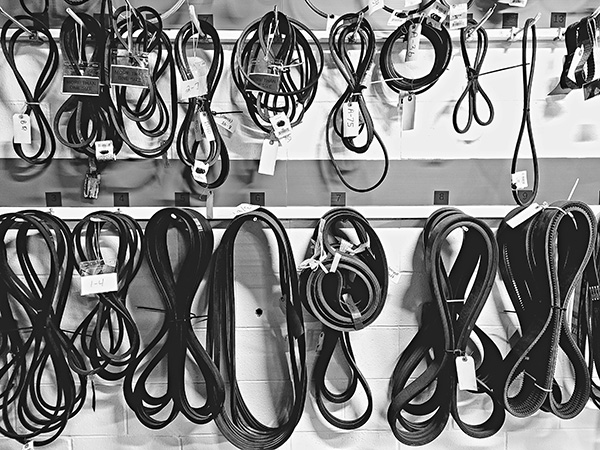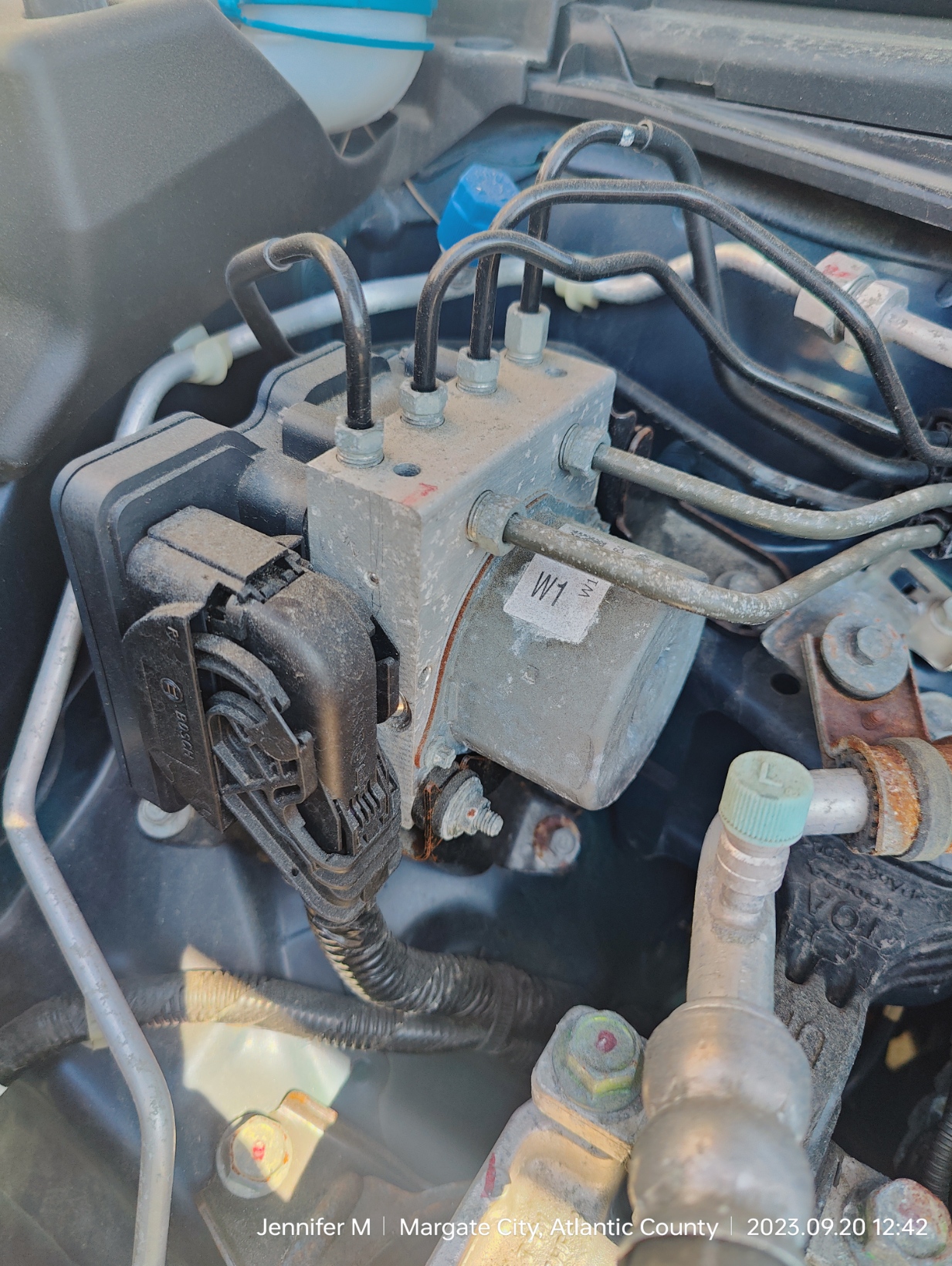Posted on 9/27/2024

If you’ve ever looked under the hood of your car, you’ve likely seen a complex web of belts and pulleys, and perhaps you’ve wondered how they all work together to keep your engine running. Two of the most important components in this system are the timing belt and the serpentine belt. These belts are essential to your car's operation, but they serve very different purposes. Understanding how they function can help you take better care of your vehicle and avoid major breakdowns. What Is a Timing Belt? The timing belt plays a critical role in your car’s engine. Its primary job is to ensure that the engine’s camshaft and crankshaft rotate in sync, allowing the valves to open and close at the right moments. In simple terms, the timing belt controls the timing of your engine’s internal combustion process. If the timing is off, even by a small fraction, it can cause serious damage to your engine, including misfires or complete engine ... read more
Posted on 9/21/2024

Common Brake Issues. If, when driving you feel like your brakes are ‘spongy’ or are no longer working correctly it is important to address the matter immediately. Brakes are used to stop your vehicle, and any hesitation or fault could be very dangerous. Here are some potential reasons for feeling like your brakes are ‘going’: Low Brake Fluid: If the brake fluid is low, it can affect the hydraulic system, making the brakes less effective. Check the brake fluid reservoir and top it off if necessary. Worn Brake Pads: If the brake pads are worn down, they may not grip the rotors effectively, leading to a feeling of reduced braking power. Brake pads work best when over 3mm. Also, ceramic brake pads work best. The downside to ceramic brake pads is that they are noisier. Warped Brake Rotors: Warped rotors can cause uneven braking and might make it feel like the brakes are not responding properly. T ... read more